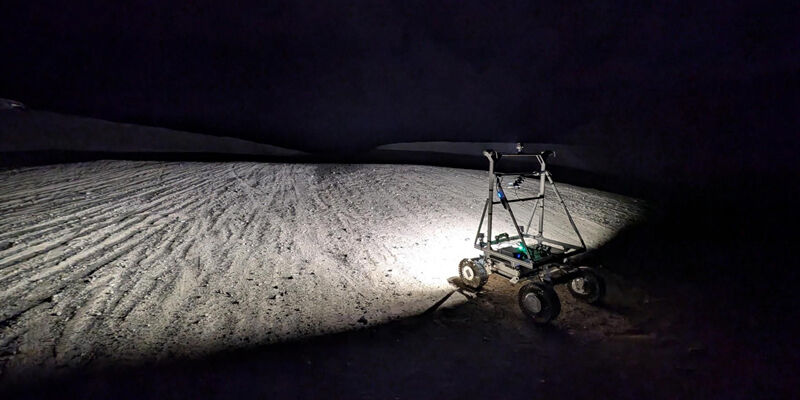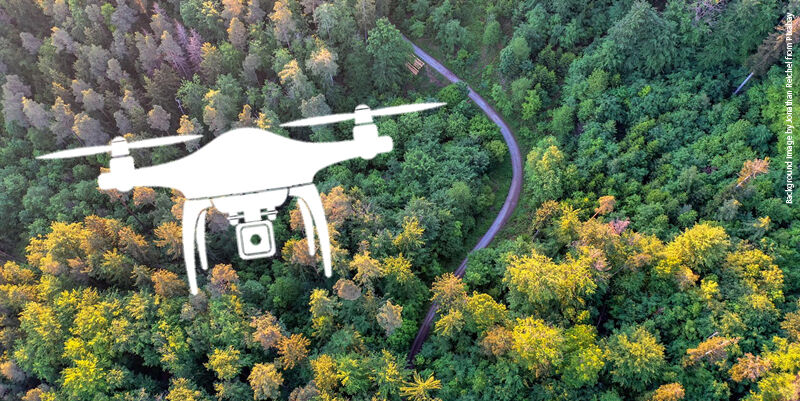The Duke of Edinburgh’s (DofE) Award programme offers British students the chance to channel their inner adventurer into volunteering, physical, skills and expedition challenges. Some of the most exhilarating and memorable parts of the programme are the expeditions, where teams of up to seven students devise, plan and tackle an expedition of their own in a remote location.
In the not-too-distant past, groups trekked in the wilds of Wales or canoed along the Caledonian canal with little more than a beaten-up OS map and a compass. Fast forward to 2013 and many groups are using the latest mapping and mobile satellite communications technologies to help them to plan and complete their expeditions.
According to Steven Wood, Chairman of Mapyx, the DofE’s recommended tracking systems provider, DofE leaders and their students find that a digital tracking system is a great addition to the kit list. “Today’s tracking systems are ideal for planning routes, creating route summaries and then monitoring the location and tracks of people in the field. They can now take advantage of multiple levels of Ordnance Survey mapping using a satellite-powered GPS messenger such as Globalstar’s recently-launched SPOT Gen3,” Wood commented.
“Staying safe out in the field is vital. Many DofE adventurers undertake their expeditions in remote areas where there is little or no mobile phone coverage, so a small, rugged, satellite-powered GPS messenger like SPOT provides peace of mind for them, their DofE leaders and their families,” adds Wood.
Dave Wells, Squadron Leader, RAFVR(T) and Deputy Regional DofE Officer, Wales & West Region, has been using the Mapyx tracking system with his students and says: “We have had the system up and running for about two years now and have found it to be incredibly useful. It enhances the remote supervision, enabling us to keep track of groups with minimum physical interaction, thus enriching the experience of the participants.”
Wells added: “At the same time, the increased safety factor enables us to be more secure in the application of our duty of care. As an example, last August we had a Gold group out near Capel Curig (Snowdonia) and the weather had deteriorated, being very cold, wet, and windy (exceptionally so for the time of year). The group were well equipped but one member slipped and sprained her ankle. The group were able to signal to us that they needed help via the tracker and, knowing their exact position, we were able to get two staff to her in a 4x4 emergency vehicle and evacuate her within 20 minutes of the message being received. Given the weather conditions, the least time spent immobile the better, and the remainder of the group were able to proceed with no ill effects and complete their expedition.”
Giving students the freedom to trek, cycle, canoe or ride in remote regions is part of the appeal of the DofE programme. Independence is important, but having a satellite-powered GPS tracking lifeline provides peace of mind and can trigger a quick emergency response when needed.
In addition to the safety benefits, a satellite-powered GPS tracking system saves staff time. They can see where each group is at all times, so they no longer have to sit at a checkpoint for hours waiting for a group who may have inadvertently bypassed that particular checkpoint. Staff can also easily locate any group that has gone too far ‘off-piste’ without having to waste time and fuel trying to locate them.
And once back at base for a debrief, the team can review their mapping and navigational skills by overlaying each group’s planned routes with the actual routes from the tracker.
With a satellite-powered GPS tracking system hooked onto an expedition backpack, students can benefit from the independence they crave, safe in the knowledge that they can be quickly and easily located if necessary.
For more information about the DofE’s recommended Tracking System from Mapyx, please visit: http://www.mapyx.com/index.asp. For more information about Globalstar SPOT Gen3 messenger please visit: http://www.findmespot.eu/en/
Pictured above: Globalstar's SPOT Gen3 Messenger
Subscribe to our newsletter
Stay updated on the latest technology, innovation product arrivals and exciting offers to your inbox.
Newsletter

